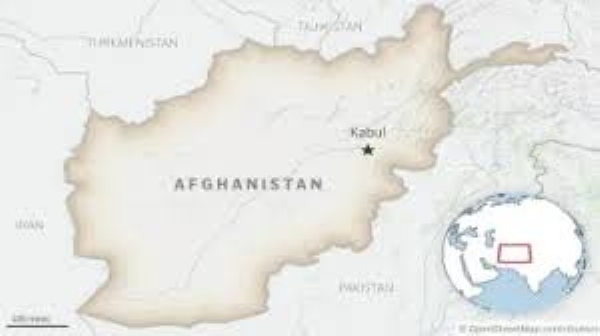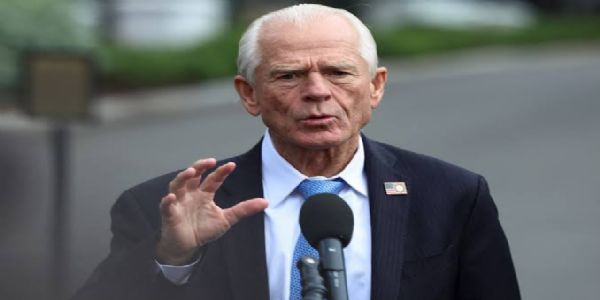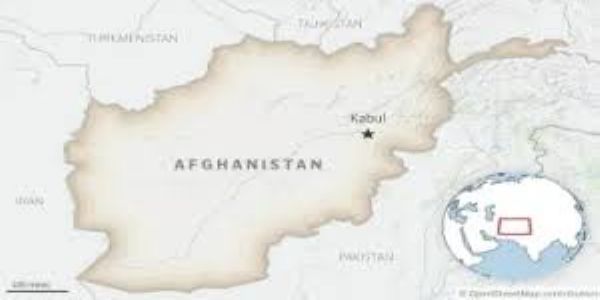
Delhi, 1 September (H.S.): A powerful earthquake measuring 6.3 on the Richter scale struck Afghanistan early Monday, with tremors rattling large parts of the region, including Pakistan. The National Centre for Seismology (NCS) reported the quake occurred at 00:47 IST, with its epicentre in eastern Afghanistan’s Nangarhar province at a depth of 160 km.
The initial jolt was followed by multiple aftershocks — including a 4.7 magnitude tremor at 140 km depth, a 4.3 magnitude quake at 140 km depth, and another measuring 5.0 at just 40 km depth, increasing concerns of damage.
According to Ajmal Darwaish, spokesman for Nangarhar’s health department, at least nine people have been killed and 25 others injured. Rescue efforts are underway as local authorities assess the extent of the damage in remote areas, which are often hardest hit due to weak infrastructure.
Experts note that while the main quake struck at a relatively deep level, the shallower aftershocks pose a higher risk. “Shallow and intermediate earthquakes tend to cause stronger shaking and greater destruction, since seismic waves have less distance to travel,” the NCS stated.
Afghanistan lies at the collision zone of the Indian and Eurasian tectonic plates, making it one of the most seismically active regions in Asia. The Hindu Kush mountain range regularly experiences strong earthquakes, often leading to significant casualties and damage.
The latest quake recalls the October 2023 disaster when a similar 6.3 magnitude tremor devastated western Afghanistan, killing thousands. The Taliban government then estimated nearly 4,000 deaths, while the UN placed the toll closer to 1,500.
The tremors were felt widely across Pakistan, prompting anxious residents in cities near the border to rush outdoors during the night. Authorities in both Afghanistan and Pakistan are monitoring aftershock patterns closely to prevent further casualties.
The Red Cross has already flagged Afghanistan as highly vulnerable to recurring natural disasters, given its fragile infrastructure and limited emergency response capacity.
---------------
Hindusthan Samachar / Jun Sarkar








